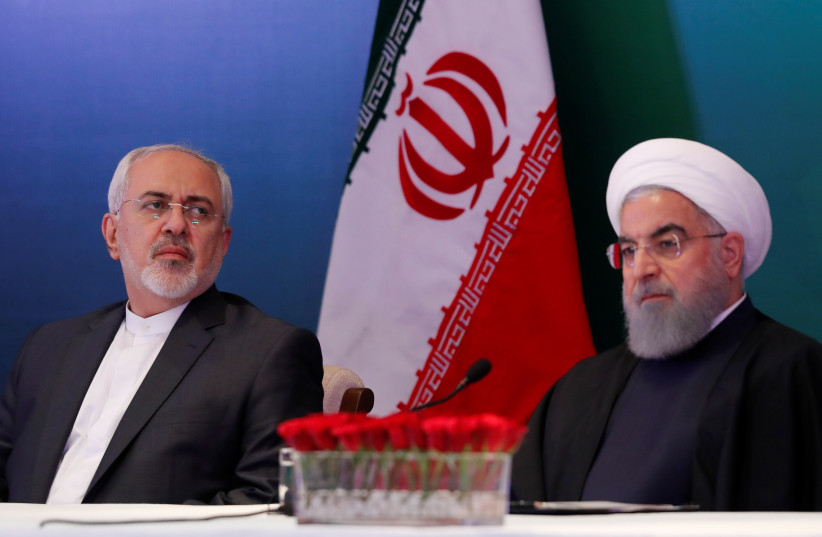The Islamic Republic of Iran has sought to disrupt sanctions imposed on its effort to secure illicit weapons of mass destruction technology by using third party countries to transport the material, The Jerusalem Post can reveal on Friday.
The German state of Hesse reported in its new intelligence report on Friday that "in particular, states such as Iran, North Korea, Pakistan and Syria tried to acquire and distribute such weapons as part of the proliferation, for example, by concealing the transport routes via third countries. The aim of such intelligence measures was to circumvent control mechanisms over third countries that are not subject to special embargo regulations.”The Post reviewed the 384-page intelligence report in connection with all references to the Iranian regime threat. The Hesse intelligence document covers the year 2019 and outlines the most pressing security threats faced by the state.
The Hesse state intelligence service’s findings confirm the data collection of additional German state intelligence agencies in 2020 that declared Iran's regime continues to seek technology and material to build weapons of mass destruction devices.
The Hesse intelligence agency wrote that it “continued to pay particular attention to attempts at proliferation originating from Iran, North Korea, Pakistan and Syria, i.e. the proliferation or transfer of weapons of mass destruction."
Hesse’s intelligence service defined proliferation as “the term proliferation refers to the spread or transfer of weapons of mass destruction as well as the acquisition of suitable delivery systems and corresponding technologies to states that do not yet have such weapons. In addition to the import of complete weapon systems, proliferation also includes the illegal procurement of components, relevant technologies and manufacturing processes as well as the recruitment of scientific and technical personnel.”
The report outlined the damage that could unfold if Iran’s rulers obtain the deadliest weapons in the world: “Weapons of mass destruction continued to be an instrument of power politics that can shake the stability of an entire state structure in both regional and international crisis situations. READ MORE
